The IRS recently released guidance providing the 2023 inflation-adjusted amounts for Health Savings Accounts (HSAs). High inflation rates will result in next year’s amounts being increased more than they have been in recent years.
HSA basics
An HSA is a trust created or organized exclusively for the purpose of paying the “qualified medical expenses” of an “account beneficiary.” An HSA can only be established for the benefit of an “eligible individual” who is covered under a “high deductible health plan.” In addition, a participant can’t be enrolled in Medicare or have other health coverage (exceptions include dental, vision, long-term care, accident and specific disease insurance).
A high deductible health plan (HDHP) is generally a plan with an annual deductible that isn’t less than $1,000 for self-only coverage and $2,000 for family coverage. In addition, the sum of the annual deductible and other annual out-of-pocket expenses required to be paid under the plan for covered benefits (but not for premiums) can’t exceed $5,000 for self-only coverage and $10,000 for family coverage.
Within specified dollar limits, an above-the-line tax deduction is allowed for an individual’s contribution to an HSA. This annual contribution limitation and the annual deductible and out-of-pocket expenses under the tax code are adjusted annually for inflation.
Inflation adjustments for next year
In Revenue Procedure 2022-24, the IRS released the 2023 inflation-adjusted figures for contributions to HSAs, which are as follows:
Annual contribution limitation. For calendar year 2023, the annual contribution limitation for an individual with self-only coverage under an HDHP will be $3,850. For an individual with family coverage, the amount will be $7,750. This is up from $3,650 and $7,300, respectively, for 2022.
In addition, for both 2022 and 2023, there’s a $1,000 catch-up contribution amount for those who are age 55 and older at the end of the tax year.
High deductible health plan defined. For calendar year 2023, an HDHP will be a health plan with an annual deductible that isn’t less than $1,500 for self-only coverage or $3,000 for family coverage (these amounts are $1,400 and $2,800 for 2022). In addition, annual out-of-pocket expenses (deductibles, co-payments, and other amounts, but not premiums) won’t be able to exceed $7,500 for self-only coverage or $15,000 for family coverage (up from $7,050 and $14,100, respectively, for 2022).
Reap the rewards
There are a variety of benefits to HSAs. Contributions to the accounts are made on a pre-tax basis. The money can accumulate tax free year after year and can be withdrawn tax free to pay for a variety of medical expenses such as doctor visits, prescriptions, chiropractic care and premiums for long-term care insurance. In addition, an HSA is “portable.” It stays with an account holder if he or she changes employers or leaves the workforce. If you have questions about HSAs at your business, contact your employee benefits and tax advisors.
© 2022



